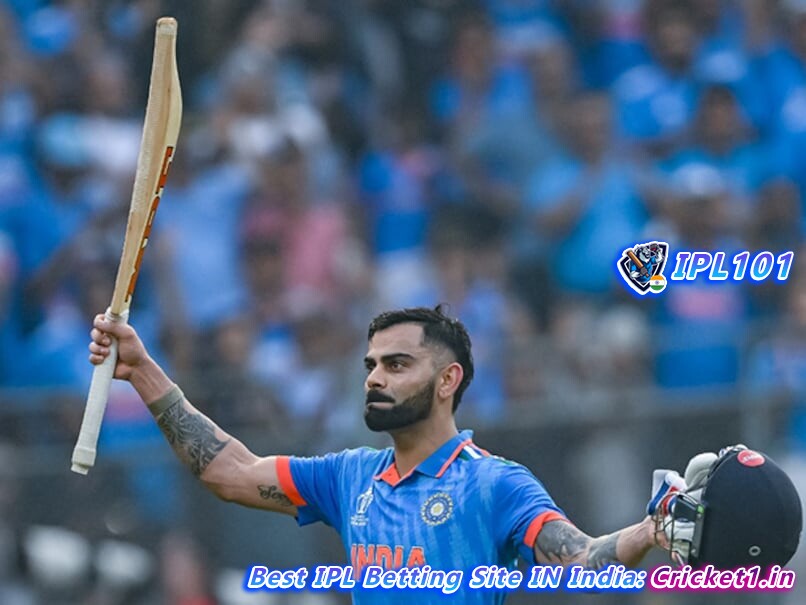
The curtain has been drawn on an enthralling Cricket World Cup, culminating after 46 days and 48 matches filled with record-breaking innings, astonishing victories, and sheer heartbreaks. The tournament reached its crescendo with Australia clinching their sixth one-day international championship, overturning hosts India in an emphatic victory.
At the center stage of the final in Ahmedabad was Australian opener Travis Head, who crafted a glorious 137 runs from 120 balls, casting his name alongside the legends like Ricky Ponting and Adam Gilchrist as the third Australian to etch a century in a men’s World Cup final. His stellar performance and a crucial catch to dismiss Rohit Sharma catalyzed a six-wicket triumph over India, who were curtailed to a meager 240.
South Africa’s Aiden Markram kickstarted the tournament, thundering the fastest World Cup century in just 49 balls against Sri Lanka. South Africa’s colossal total of 428 also became the highest in the tournament’s history, surpassing Ireland’s Kevin O’Brien’s 50-ball century record against England in 2011.
The record didn’t stand for long, as Glenn Maxwell smashed the record with a 40-ball ton against the Netherlands weeks later. Maxwell’s explosive innings led Australia to a staggering 309-run victory, and his century marked the fourth fastest in all ODI history.
Pakistan made headlines with a record chase against Sri Lanka. Mohammad Rizwan and Abdullah Shafique scored centuries, taking Pakistan across a historic 345-run target.
Afghanistan and the Netherlands too left an indelible mark. Afghanistan surprised the defending champions England and later Pakistan, registering one of the Cup’s most shocking upsets. Meanwhile, the Netherlands claimed a remarkable victory against a challenging South African side in what the Dutch media hailed as “the miracle of Dharamsala.”
Australia and New Zealand engaged in a run fest that resulted in the highest-scoring World Cup match ever, accumulating 771 runs, outdoing the previous record of 754 runs.
On the other hand, Sri Lanka suffered a severe blow as they collapsed to just 55 runs against India, with Mohammad Shami securing a five-wicket haul, plunging Sri Lanka into disarray and securing India’s semi-final berth.
The tournament also witnessed a rare ‘timed out’ controversy involving Sri Lanka’s Angelo Mathews and Bangladesh’s skipper Shakib Al Hasan, resulting in an uproar as Mathews failed to take the crease within the allotted time.
As the tournament progressed, Maxwell stunned once again with an unbeaten 201, carrying Australia to a spectacular victory against Afghanistan, despite being at a dire 91-7. Then came the much-anticipated moment when Virat Kohli inscribed his name in the annals of cricket history, scoring his 50th ODI ton, surpassing Sachin Tendulkar’s tally of ODI centuries.
Ultimately, the tournament culminated with Head’s magnificent century and the Australian victory that ensued, creating a lasting memory for over 90,000 fans that thronged the stands in Ahmedabad and millions around the world. As epitomized by Cummins, a World Cup win, especially on Indian soil, is not just a sport’s triumph but a cherished moment immortalized in cricket folklore.
This enthralling encounter of bat and ball, the staggering individual feats, and the ebb and flow of the cricketing battles fought across India, ultimately crowned Australia’s resilience and finesse in the ODI format. With the echoes of their victory still resonant, cricket fans globally anticipate the paths the sport will traverse until the World Cup’s next rendition unfolds.

